Results
1 results found
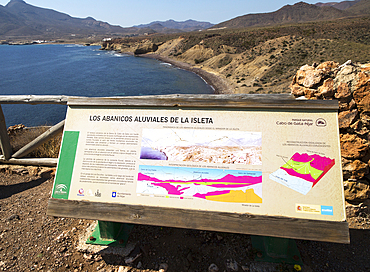
Information panel about geology, La Isleta, Cabo de Gata national park, Almeria, Andalusia, Spain, Europe
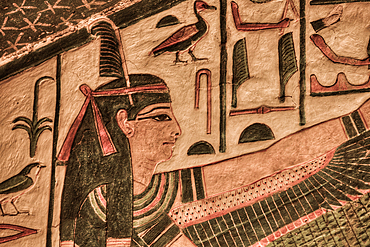
Image of Goddess Maat, Paintings and Relief, Tomb of Nefertari, QV66, Valley of the Queens, Ancient Thebes, UNESCO World Heritage Site, Luxor, Egypt, North Africa, Africa
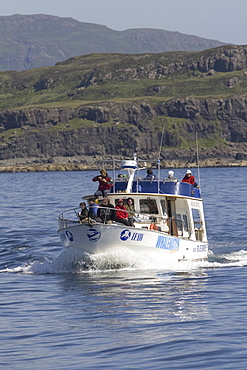
Whale-watch vessel, "Alpha Beta". Sea Life surveys were the first organisation to understand the potential for whale-watching in the West of Scotland. Hebrides, Scotland

Research assistants and technicians from the University of Ghana collect dust samples from the living rooms and bedrooms of children in Accra, Ghana. The samples will be analyzed for the presence of dust mites, fungus', and animal allergens to help researchers better understand why children in wealthier homes have higher rates of allergies and asthma than poorer children. The leading theory is that higher rates of helminth (parasite) infections among poorer children are affecting the immune system in a way that offers protection from allergies and asthma. The study aims to find out what the worms are doing, isolate the beneficial effect and replicate it.
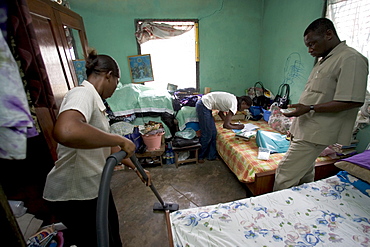
Research assistants and technicians from the University of Ghana collect dust samples from the living rooms and bedrooms of children in Accra, Ghana. The samples will be analyzed for the presence of dust mites, fungus', and animal allergens to help researchers better understand why children in wealthier homes have higher rates of allergies and asthma than poorer children. The leading theory is that higher rates of helminth (parasite) infections among poorer children are affecting the immune system in a way that offers protection from allergies and asthma. The study aims to find out what the worms are doing, isolate the beneficial effect and replicate it.
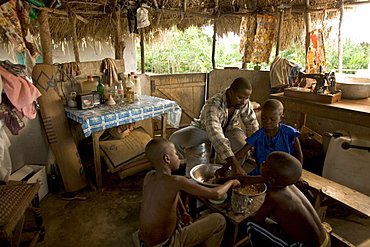
Zadok Agbeko is a poor child from the small village of Akramaman who walks 5km every day to the Ayikai Doblo public primary school with his older brothers. Zadok, along with many of the children in his socio economic background suffers from helminth infections and have tested negative for allergies. Zadok is one of the many children in Gahna participating in a study by Dr. Daniel Boakye at the University of Ghana attempting to better understand the connection between high rates of helminth infections and protection from allergies and asthma.
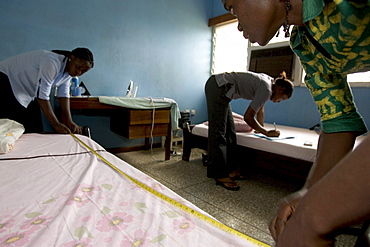
Research assistants and technicians from the University of Ghana collect dust samples from the living rooms and bedrooms of children in Accra, Ghana. The samples will be analyzed for the presence of dust mites, fungus', and animal allergens to help researchers better understand why children in wealthier homes have higher rates of allergies and asthma than poorer children. The leading theory is that higher rates of helminth (parasite) infections among poorer children are affecting the immune system in a way that offers protection from allergies and asthma. The study aims to find out what the worms are doing, isolate the beneficial effect and replicate it.

Joshua Nkrumah Asante, a wealthy child from Accra Ghana attends a private school at the University of Ghana where he and his sister are driven to and from school by the families driver. Joshua does not suffer from helminth infections but does suffer from hayfever. Joshua is one of the many children in Gahna participating in a study by Dr. Daniel Boakye at the University of Ghana attempting to better understand the connection between high rates of helminth infections and protection from allergies and asthma.

Joshua Nkrumah Asante, a wealthy child from Accra Ghana attends a private school at the University of Ghana where he and his sister are driven to and from school by the families driver. Joshua does not suffer from helminth infections but does suffer from hayfever. Joshua is one of the many children in Gahna participating in a study by Dr. Daniel Boakye at the University of Ghana attempting to better understand the connection between high rates of helminth infections and protection from allergies and asthma.

Joshua Nkrumah Asante, a wealthy child from Accra Ghana attends a private school at the University of Ghana where he and his sister are driven to and from school by the families driver. Joshua does not suffer from helminth infections but does suffer from hayfever. Joshua is one of the many children in Gahna participating in a study by Dr. Daniel Boakye at the University of Ghana attempting to better understand the connection between high rates of helminth infections and protection from allergies and asthma.
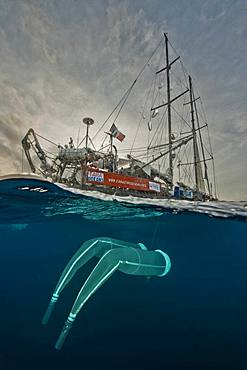
Tara Oceans Expeditions - May 2011. Tara with deployed plancton nets. On "station", the boat is drifting without engine or sails. Tara Oceans, a unique expedition: Tara Oceans is the very first attempt to make a global study of marine plankton, a form of sea life that includes organisms as small as viruses and bacterias, and as big as medusas. Our goal is to better understand planktonic ecosystems by exploring the countless species, learning about interactions among them and with their environment. Marine plankton is the only ecosystem that is almost continuous over the surface of the Earth. Studying plankton is like taking the pulse of our planet. Recently, scientists have discovered the great importance of plankton for the climate: populations of plankton are affected very rapidly by variations in climate. But in turn they can influence the climate by modifying the absorption of carbon. In a context of rapid physico-chemical changes, for example the acidification observed today in the world's oceans, it is urgent to understand and predict the evolution of these particular ecosystems. Finally, plankton is an astonishing way of going back in time ? a prime source of fossils. Over the eons, plankton has created several hundred meters of sediment on the ocean floors. This allows us to go back in time, to the first oceans on Earth, and better understand the history of our biosphere. More than 12 fields of research are involved in the project, which will bring together an international team of oceanographers, ecologists, biologists, geneticists, and physicists from prestigious laboratories headed by Eric Karsenti of the European Molecular Biology Laboratory. Galapagos
